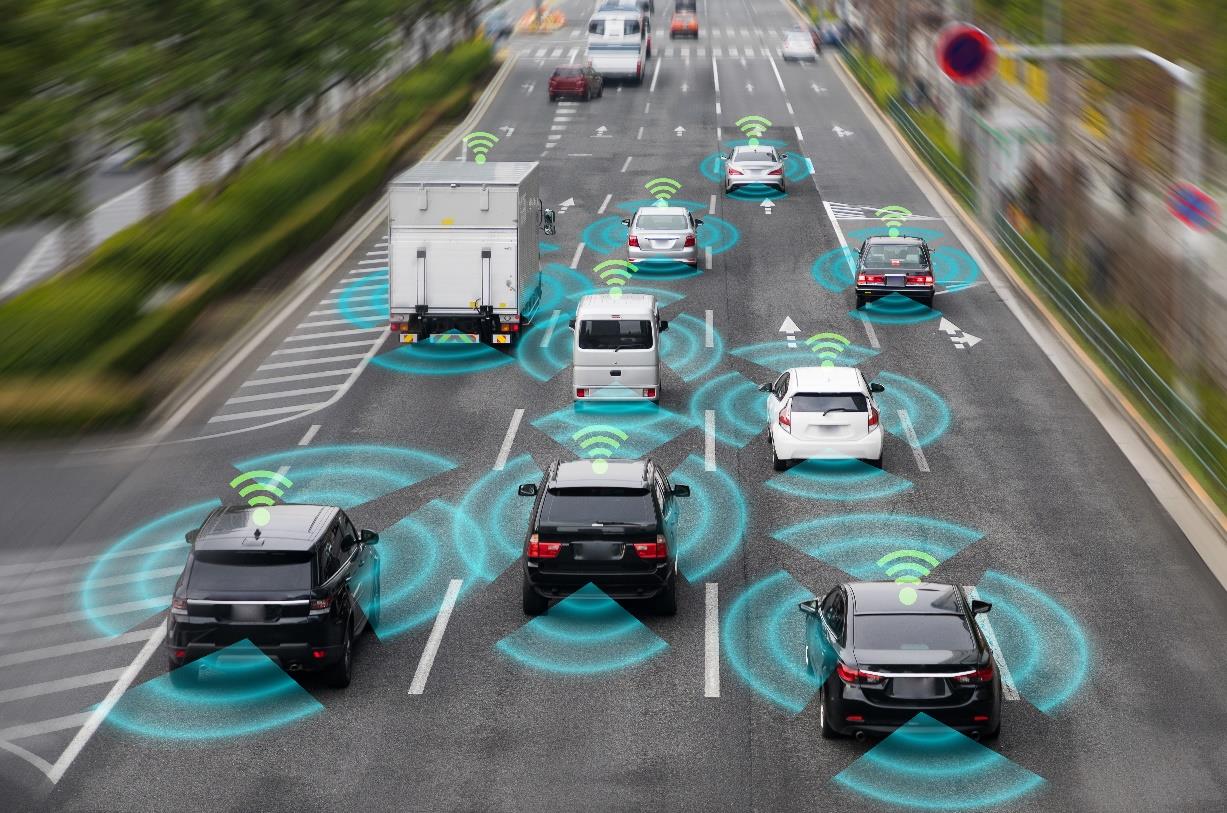Mobility-as-a-Service (MaaS) Business Model and Its Role in a Smart City

By:
Principal Consultant
Smart City Solutions
Dr Wu Xian
Senior Executive Engineer
Civil and Environmental Engineering Planning
In the current digital world, many industries are leveraging on big data to improve their businesses such as providing seamless and convenient experience, consumer centric and improving productivity etc. In transport, big data can play a huge role such as Mobility-as-a-Service (MaaS), Autonomous Vehicle deployment, Electric Vehicle deployment, Next Generation Electronic Road Pricing, etc. A comprehensive MaaS application to help commuters plan their journey seamlessly in terms of time saving, cost saving, or improved comfort level must be created to encourage commuting via public transport. Road congestion is a common problem faced in every city in both developed or developing city. MaaS can help to influence commuters to take public transport or even shift the transport mode if it can demonstrate value add in their daily commute. Proper MaaS business model should be customised for that market, and it can be treated as one of the initiatives under a Smart City Plan. This paper examines how big data in MaaS can shed light in commuters’ travel behaviour and even influence the pattern. We also discuss the different roles undertaken in this ecosystem – such as the government, operators and service providers.



 Download Article
Download Article